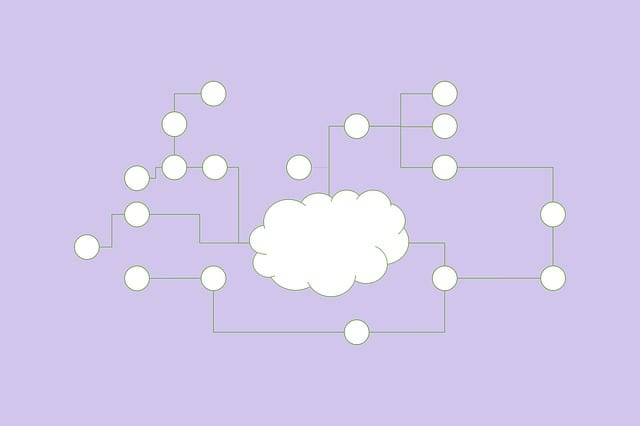Finance SAAS Software Platforms
By: Ciopages Staff Writer
Updated on: Feb 25, 2023

Finance SAAS Software Platforms are the new wave of ERP systems that companies the world over are embracing to power their accounting and finance functions. To satisfy a pressing need for transformation of the finance function, a new wave of finance systems, like NetSuite and Workday, which are cloud-based solutions, have emerged. (Of course, the traditional platforms like Oracle and SAP also have completed their cloud migration.) These systems termed as SAAS software (Software-as-a-Service), and they are accelerating the trend of Finance SAAS Software Platforms. Let’s take a close look why companies should benefit from these cloud-based systems as well as some of the potential adverse consequences.
Benefits of Finance SAAS Software Platforms:
Ease of access
The key advantage to cloud-based finance systems is that they give CFOs easy and quick access to pertinent financial and accounting data. Cloud-based technology systems operate via the Internet, meaning CFOs can access their systems from any computer that has access to the Internet. Performing bookkeeping and accounting tasks through the cloud means all data is updated in real time, providing CFOs with an accurate bird’s eye view of financial operations.
Along with this need of transformation has come the development of a new wave of finance systems, like NetSuite and Workday, which are cloud-based software, and they are accelerating the trend of Finance SAAS Software Platforms.
Scalability
As a company grows, so does its financial and accounting operations. With cloud-based accounting systems, scalability is a key advantage. A business’ needs will increase both its sales and customer count expand, meaning there will also be an enhanced need for better cash flow. An accounting system that can scale as the company grows will become a necessity, and this is the premise of a cloud-based SAAS solution. What happens, though, if a company goes through downsizing? This is another notable advantage of cloud-based finance systems; they can scale down as needed, both in the features they provide as well as in their cost (subscription price) of their operation.
Real-time financial data
When CFOs have access to real-time financial and accounting data, this better enables them to make insight-driven decisions, thus improving their working capital. When business change takes place and requires a prompt response, cloud-based systems give CFOs the information they need to make quick, effective decisions.
Reinventing the entire user experience
Cloud-based systems are reinventing the entire user experience. Take for example Netsuite, which has become an industry leader in the cloud-based financials industry. The program’s new user interface is allowing users to interact with information in a much faster and easier manner than ever before, providing a much more intuitive and visually engaging user experience. This interface enables the seamless and consistent workflow delivered via a platform that breaks down usability barriers that are commonly seen among disparate departmental applications, meaning they require users to switch from one application to another to perform their automated processes. By overcoming this barrier, users are now able to automate their workflow from a single interface that does not require ‘application jumping.’
Potential Negatives of Finance SAAS Software Platforms:
As with any business product, there are pros and cons. Here’s a look at a few cons of Finance SAAS Software Platforms that you need to be aware of so you can avoid them if possible.
Higher cost over a period
Cloud-based accounting systems require companies to pay a monthly subscription, which can get costly over the period of several years. Desktop accounting systems, however, are usually accompanied with only a single price tag (purchase and installation) and only need to be updated once every four to five years. If a company is small enough and does not have a need for enhanced accounting features or online backup, then cloud-based systems may not be the most cost-efficient choice.
Easier to hack
If accounting information is stored in the cloud, this means it is simpler to access by hackers and other entities. Sure, cloud-based system service providers go to extreme measures to secure all data stored on their servers, but still, yet, this means entities (including the government) may have easier access to a company’s data depending on where the servers are located and any local laws and regulations that apply.
Inadequate access to financial information
Cloud-based systems make it simple to access financial information, but when it comes to backing up this data, some just don’t allow it. This means if a company wants to switch service providers or use its accounting software system, the information and data stored on the cloud-based system may not be transferable.
In any finance transformation, picking the right finance software is a critical success factor. Today, more likely than not, it might be one of the Finance SAAS Software Platforms. If you need to evaluate multiple finance software platforms, please do consider our finance software assessment template.
-
Finance Capability Model
Price range: U.S. $699 through U.S. $1,999 View Product This product has multiple variants. The options may be chosen on the product page